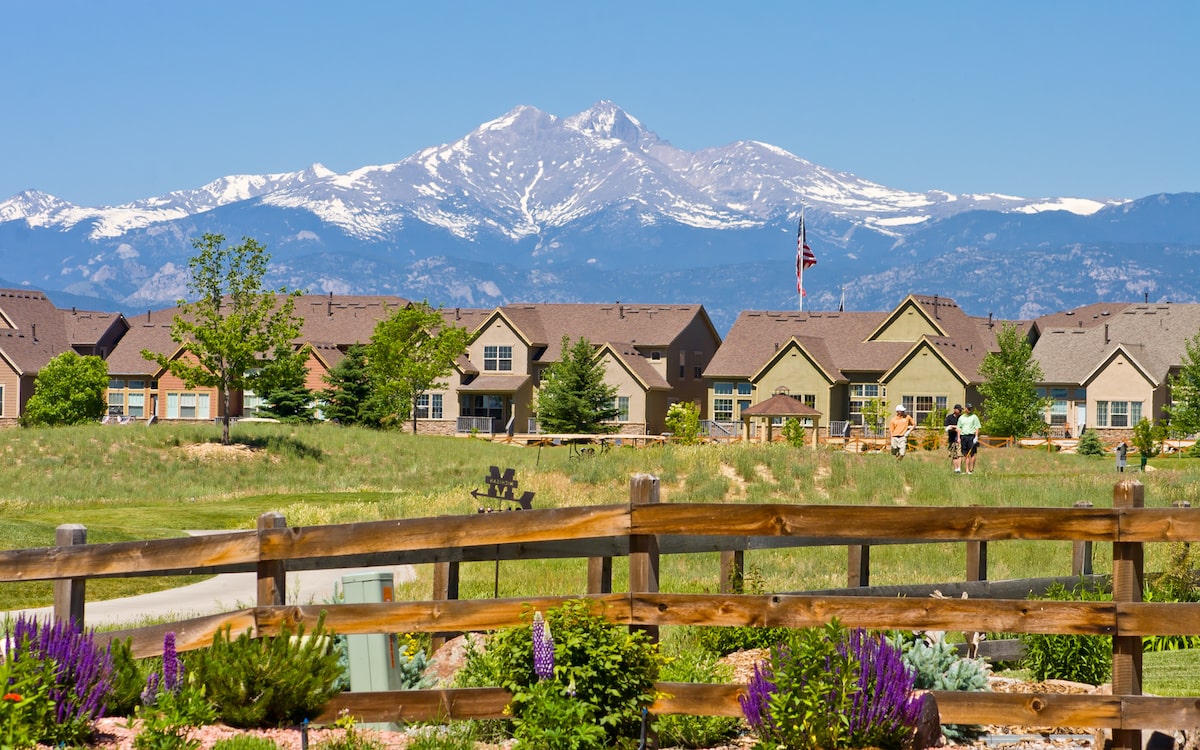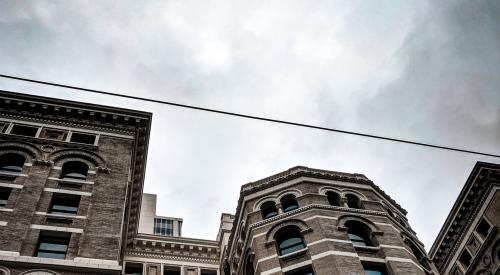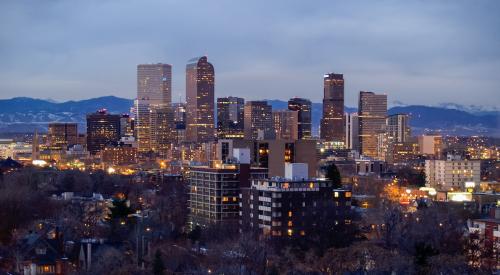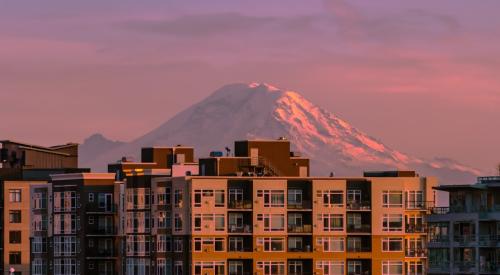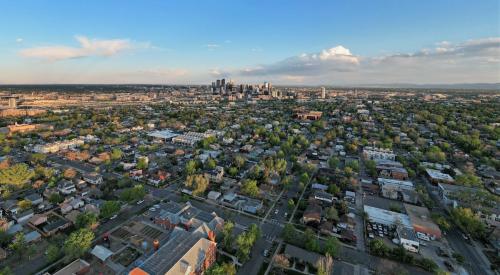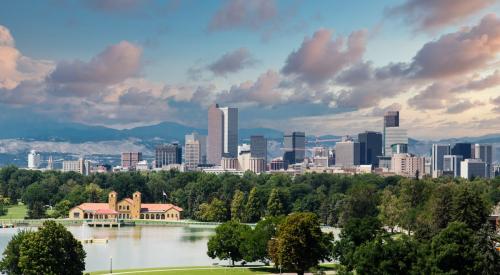Over the last decade, Colorado has lost 300,000 “naturally occurring” housing units that homeowners making $45,000 or less can reasonably afford without spending less than 30% of their income, amounting to 10% of the state’s total housing stock, according to The Denver Post. Affordable housing produced organically by the market rather than through government intervention is essentially gone, and prices are only rising.
The 2022 state budget is projected at $40 billion, and at least $400 million more will be allocated for affordable housing than in years past, but the Affordable Housing Transformational Task Force still worries that the total funding won’t be enough to address the deeper economic concerns leading to residential displacement.
When the task force got started this summer, said Vice Chair and state Sen. Julie Gonzales, “We were really excited. ‘Oh my gosh, finally, we have money to do something here at the Capitol to address this crisis.'”
Added Gonzales, a Denver Democrat who lives in an affordable housing unit, “Then we actually started listening to Coloradans to understand the full scale and depth of the problem. … When you’re talking about someone working two jobs to make ends meet, they weren’t able to do that in downtown Denver, or in Eagle, or in Alamosa or in Walsenburg or anywhere else across the state. So we realized, $400 million is both a lot of money and also it is only part of the solution.”
